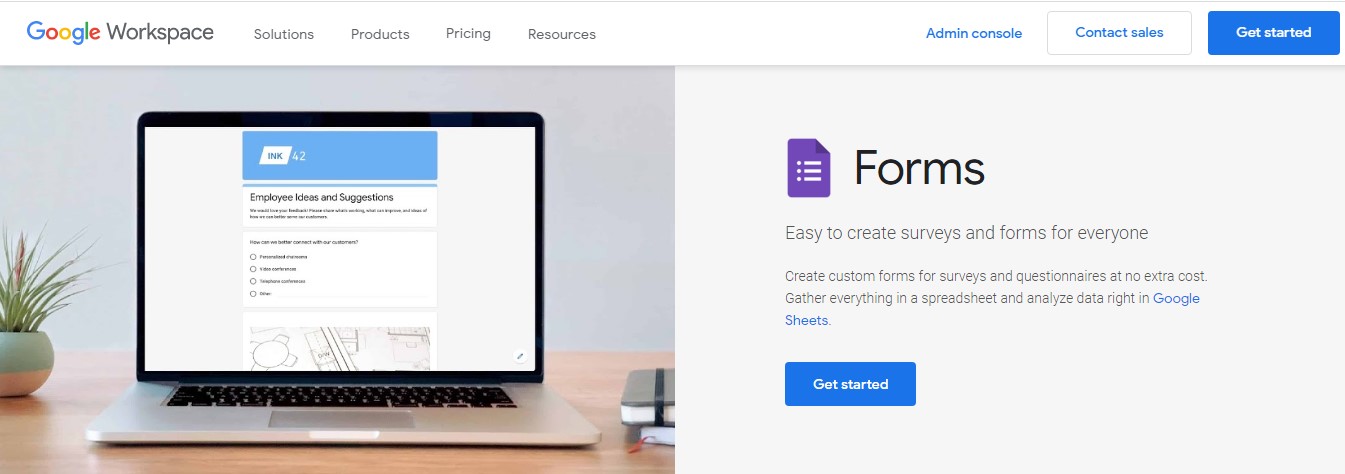I Built A Tool That Makes It Easy To Export Google Docs To WordPress [1,000+ Users]
Hello! Who are you and what business did you start?
Hi guys, I am Alex, the founder of DocPress.it. We help bloggers, and content editors publish content written in Google Docs to WordPress blogs automatically.
We help our users automate tasks like SEO content analysis, generating article intros with AI, image renaming, and other time-consuming tasks when publishing content.
At the moment, we have a bit over 1100 users, from small bloggers to content agencies and affiliate marketers. At the moment we are on a freemium model, with a great free plan and we make around 500 MRR and growing.

What's your backstory and how did you come up with the idea?
I’ve created and sold several online businesses, so I have some experience building products.
DocPress was born when working at my products, Sorry, you need to login and/or become a member to view the rest of this content.

Download the report and join our email newsletter packed with business ideas and money-making opportunities, backed by real-life case studies.

Download the report and join our email newsletter packed with business ideas and money-making opportunities, backed by real-life case studies.

Download the report and join our email newsletter packed with business ideas and money-making opportunities, backed by real-life case studies.

Download the report and join our email newsletter packed with business ideas and money-making opportunities, backed by real-life case studies.

Download the report and join our email newsletter packed with business ideas and money-making opportunities, backed by real-life case studies.

Download the report and join our email newsletter packed with business ideas and money-making opportunities, backed by real-life case studies.

Download the report and join our email newsletter packed with business ideas and money-making opportunities, backed by real-life case studies.

Download the report and join our email newsletter packed with business ideas and money-making opportunities, backed by real-life case studies.



















